Are male or female eagles larger? What is the maximum wingspan for both?
Females are larger.
6 ft male
7 ft female
What animal is known as the "rock sausage"? Why?
Seals. They look like squishy little sausages when they haul out on rocks.
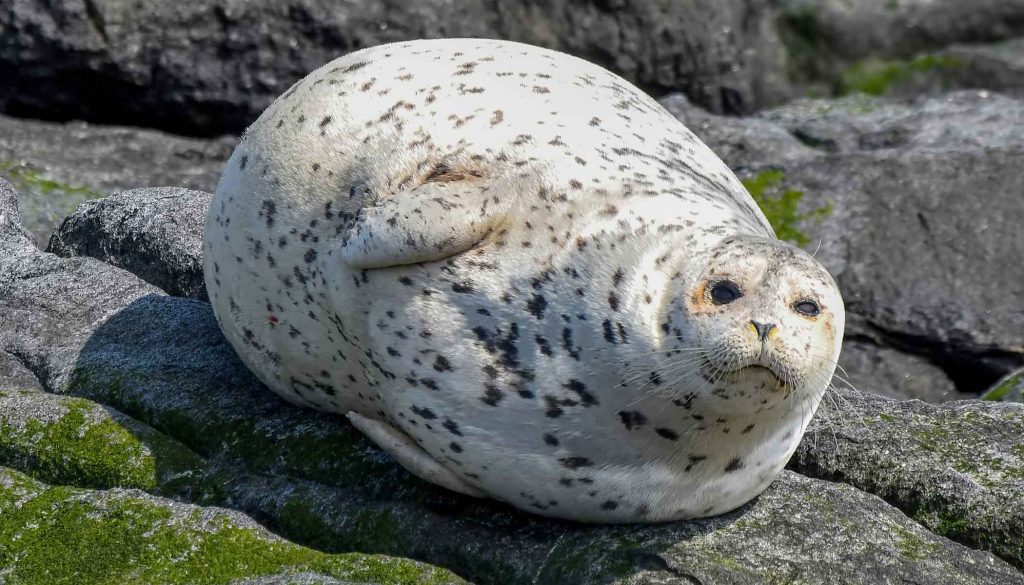
Name the 5 species of Pacific salmon. Bonus points (50) if you know the hand trick.
Chum (thumb), Sockeye (pointer), King/Chinook (middle), Silver/Coho (ring), Pink (pinky)

What are 3 things we can do to reduce our impact on the Salish Sea?
Reuse, reduce, recycle.
Bring a reusable water bottle.
Drive less.
Compost.
Buy local.
What is the main species of kelp that makes kelp forests in the Salish Sea?
Bull Kelp

How long do bald eagles keep their chosen mate?
For life.
What is a baleen whale? Name 4 species.
Baleen whales are the filter-feeding whales. They have plates on keratin known as "baleen" that hang from their upper jaw to filter small fish and invertebrates from water and sand.

How many species of shark do we see in BC?
Name 3 of them.
There are 14 species of shark in BC
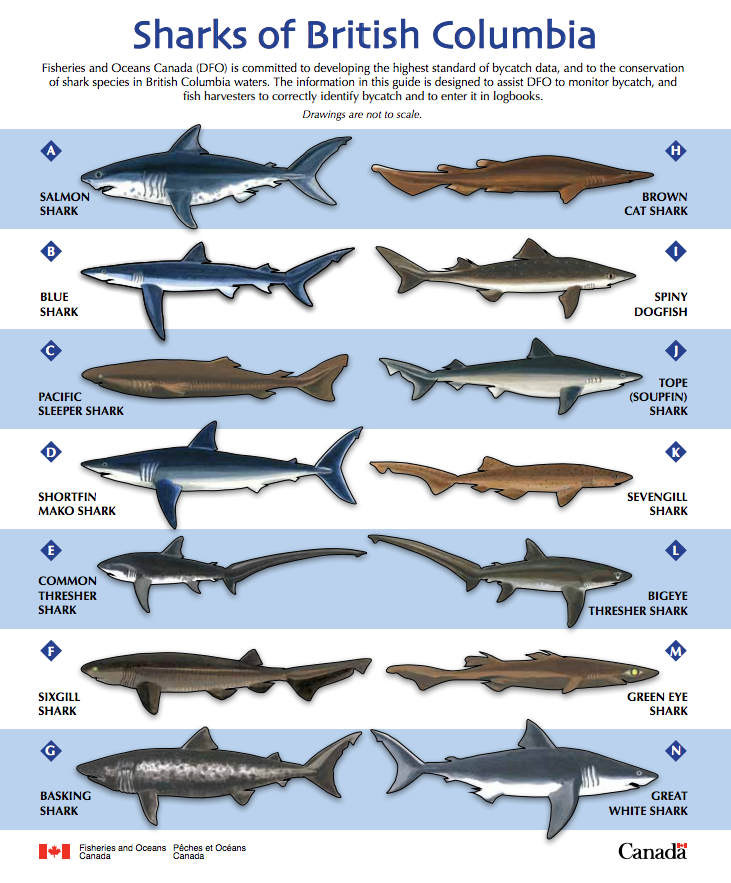
What are 2 big reasons why overfishing can negatively impact Salish Sea ecosystems?
- Creating endangered species
- Creating an imbalance in the ecosystem
What First Nations traditional territory/territories is Monterey school on?
Lekwungen (Lək̓ʷəŋən) speaking people's territory. Esquimalt and Songhees First Nations.
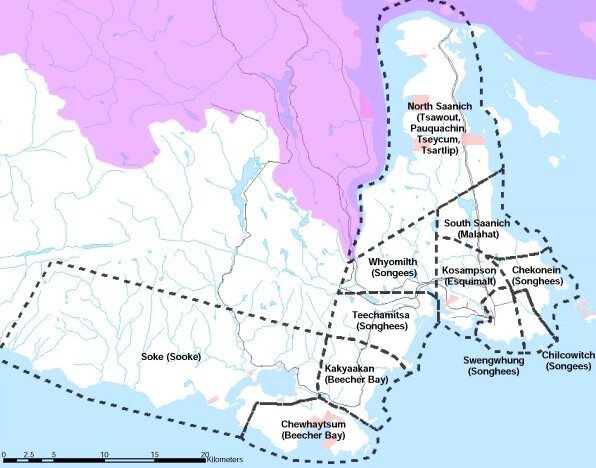 Art Gallery of Greater Victoria
Art Gallery of Greater Victoria
What type of puffin do we mainly see in the Salish Sea?
The tufted puffin.

What is the most prehistoric species of baleen whale?
Grey whale
Define: Anadromous
A fish that is born in freshwater, goes out to sea, and returns to freshwater to spawn.

Define: Biomagnification and Bioaccumulation
Bioaccumulation: the accumulation of toxins in an organism throughout its lifetime. When rate of intake exceeds rate of excretion.
Biomagnification: the magnification of toxins up the food chain through ingestion of other organisms.

419 - What does this number represent in Salish Sea geography?
The number of islands.
How long does it take for bald eagles to mature?
What do juvenile bald eagles look like?
What do mature bald eagles look like?
4-5 years.
Juvenile - mottled brown feathers but similar size. No "bald" head.
Mature - dark brown feathered body, white head.
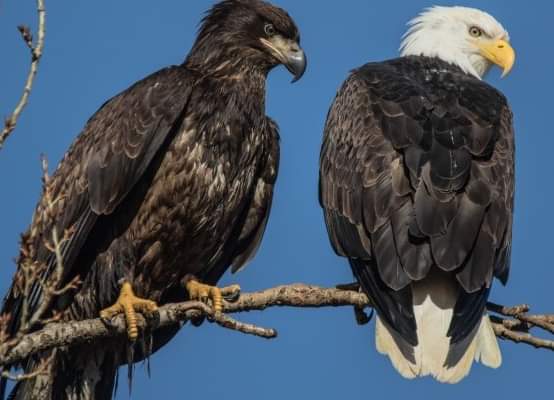
What do grey whales eat? And how do they eat?
- They eat benthic invertebrates - the little creatures that live in the bottom of the ocean in the sand.
- They filter feed sand and silt through their baleen to access those creatures.
- They often go blind in one eye from using the same side of their face to feed on.

What is the primary purpose of herring fished in BC?
Bait for other fisheries, fish meal for fish farms, fish oil.
What are microplastics and where do they come from? Bonus points (50) to name biggest source of microplastics.
- Plastic that is less than 5mm long
- Microplastics are extremely small pieces of plastic debris in the environment resulting from the disposal and breakdown of consumer products and industrial waste
- Biggest source: synthetic fabrics!
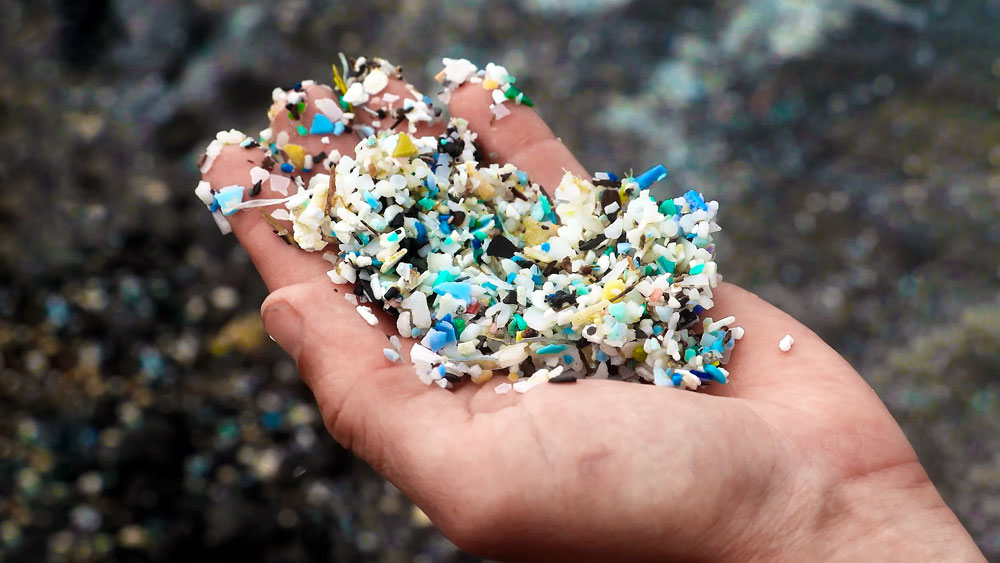
What is the name of the wolf who lived on Discovery Island? Bonus points (50) if you can explain the importance of the Discovery and Chatham islands to the Songhees First Nation.
Takaya.
The Songhees lived on these islands in the summer for 5000 years. They are sacred lands and contain burial grounds.
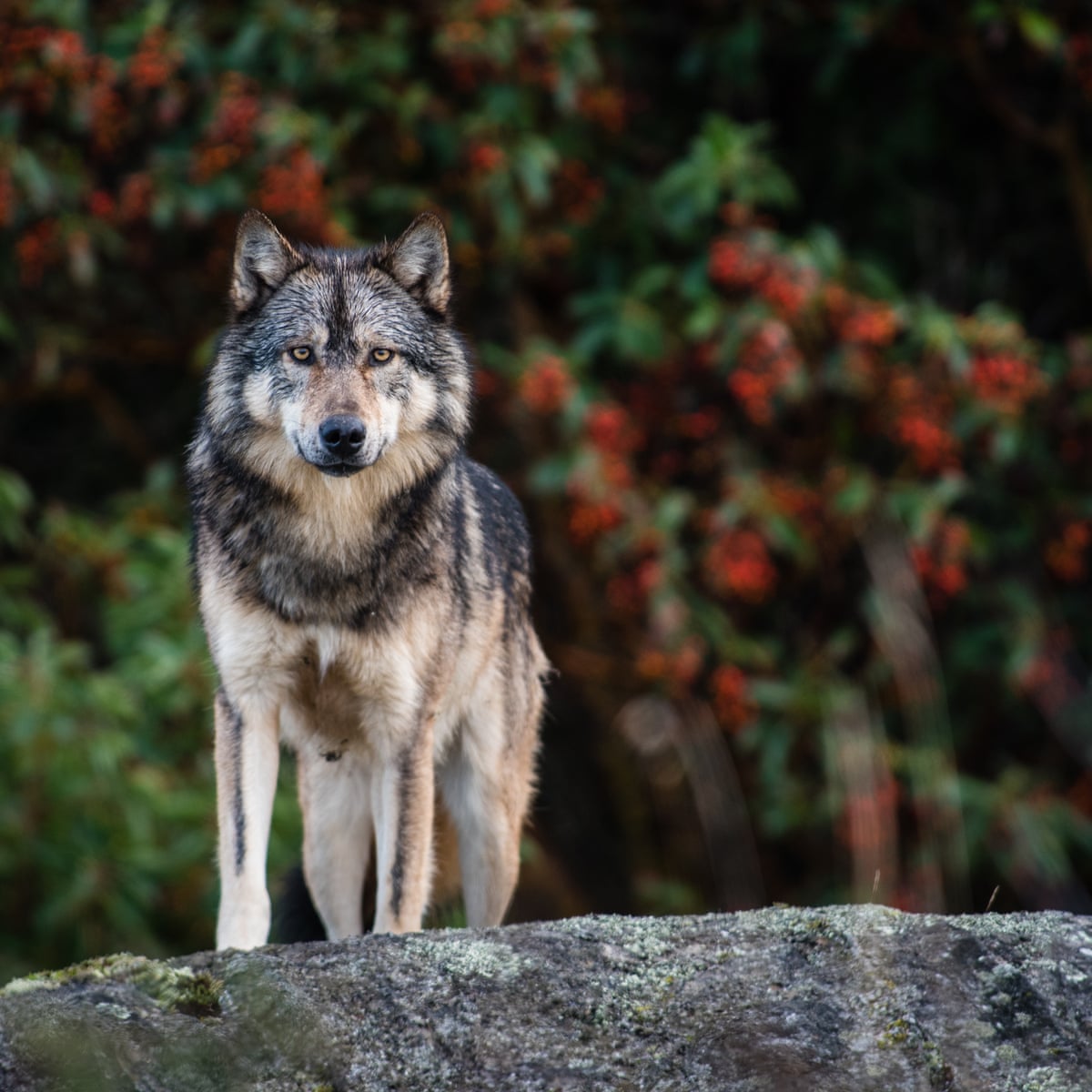
What type of chemical put bald eagles on the endangered species list? Why?
Pesticides / DDT
The pesticide softened their egg shells and caused them to collapse before hatching.
What are current threats to grey whales?
Were they ever threatened by whaling?
Entanglement, ship strike, lack of food (mass mortality event since 2019).
They were threatened by whaling but fought back hard against whalers (devil fish). There used to be grey whales in the Atlantic, but they are now extinct.
Describe the salmon life cycle. Name all the stages, where they take place, and what the salmon look like.
You may draw this on the board.
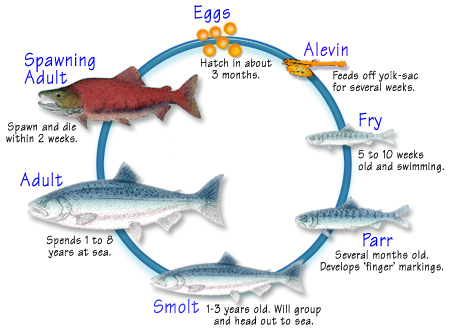
How can heat waves impact Salish Sea wildlife?
- Intertidal zone creatures (desiccation, overheating)
- Ocean acidification
- Tropicalization (movement of creatures towards poles)
- Rivers drying up
- Harmful algal blooms (dead zones)

Humpbacks, grey whales, bald eagles, salmon, herring, etc.